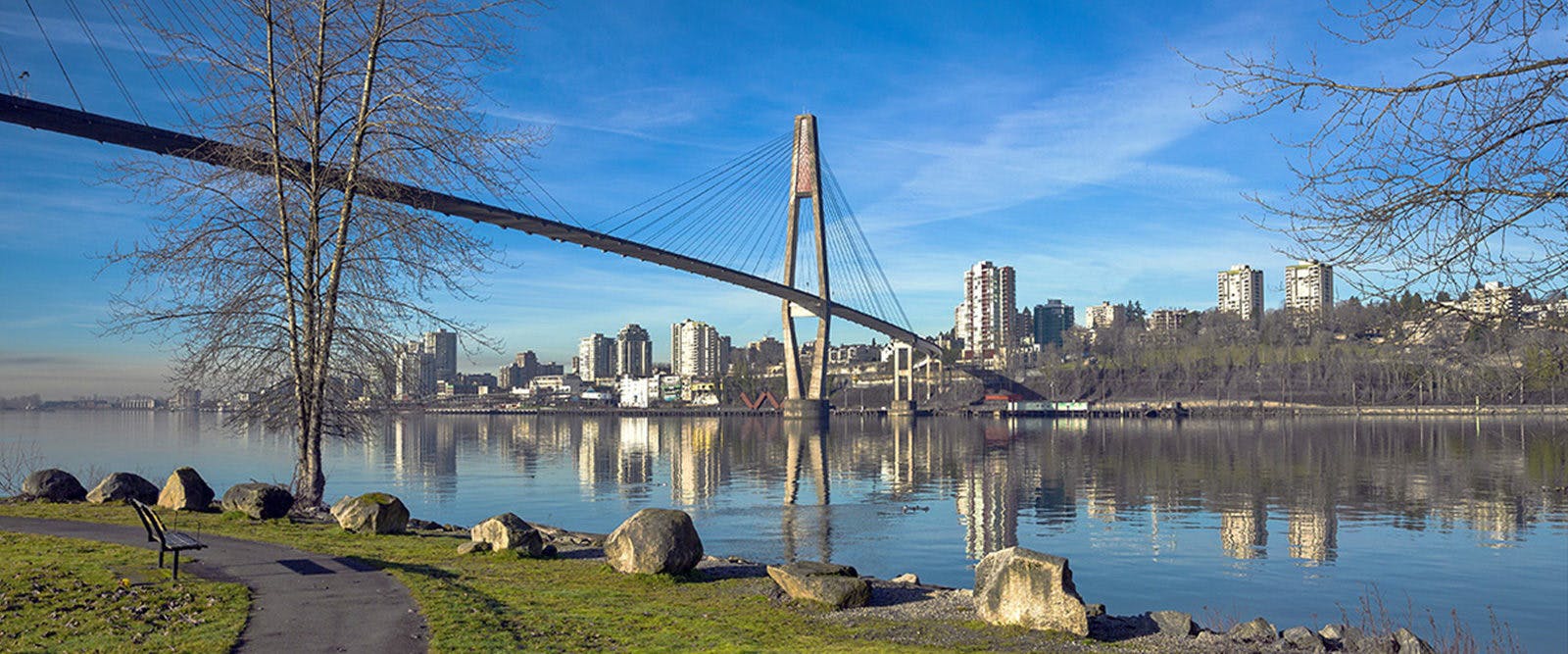On Thursday, Finance Minister Katrine Conroy introduced the BC provincial government’s Budget for 2024. The budget unveiled several new housing related measures, including the BC Home Flipping Tax. The House Flipping Tax is unlikely to have a meaningful impact on housing attainability according to BCREA.
Over the past several years, house flipping in BC, was a topic of concern for several reasons:
1.) Affordability: in British Columbia, especially areas like Vancouver, we have some of the highest real estate prices in Canada. House flipping in BC can exacerbate affordability issues since it often involves buying properties, making some improvements, and then selling them at a higher price. This can drive up our home prices, making it more difficult for first-time homebuyers or those with lower incomes to enter the market.
2.) Housing Market Volatility: House Flipping in BC can contribute to our housing market volatility. If a majority of home buyers are flipping houses, it can inflate prices rapidly. Conversely, if these house flipping investors suddenly exit the market or if there is a downturn, it can lead to a rapid correction, impacting homeowners and the broader economy.
3.) Tax Evasion and Speculation Tax: There have been concerns about the role of speculation and tax evasion in the BC real estate market. The provincial government has implemented measures, such as the Speculation and Vacancy Tax, to address these issues. House flipping in BC, facilitates speculative buying and selling that does not contribute to housing supply.
4.) Impact on Rental Market: When investors purchase properties to flip in BC, their primary goal is to renovate and sell the property for a profit within a short time frame. This can reduce the rental supply in an already tight market, affecting renters’ ability to find affordable housing.
The BC government has taken steps to cool the real estate market and address some of these issues. Introducing taxes aimed at speculators and foreign buyers, as well as measures to increase transparency and combat money laundering in the real estate sector. The effectiveness of these measures and house flipping in BC can vary over time especially with changing economic conditions.
It’s also worth noting that not all house flipping in BC is problematic. When done responsibly, flipping can improve the housing stock by renovating dilapidated properties and making them livable again. The key is finding a balance that allows for investment and improvement without contributing to affordability issues.
House flipping in BC will be taxed at a rate of 20% for properties sold within a year of purchase. The 20% rate will be in place for a year after purchase and will slide to zero between 366 and 730 days after the acquisition. House flipping in BC being taxed is only one of the 20 pieces of legislation the government plans to introduce. Here is a link to the BC Budget 2024.


